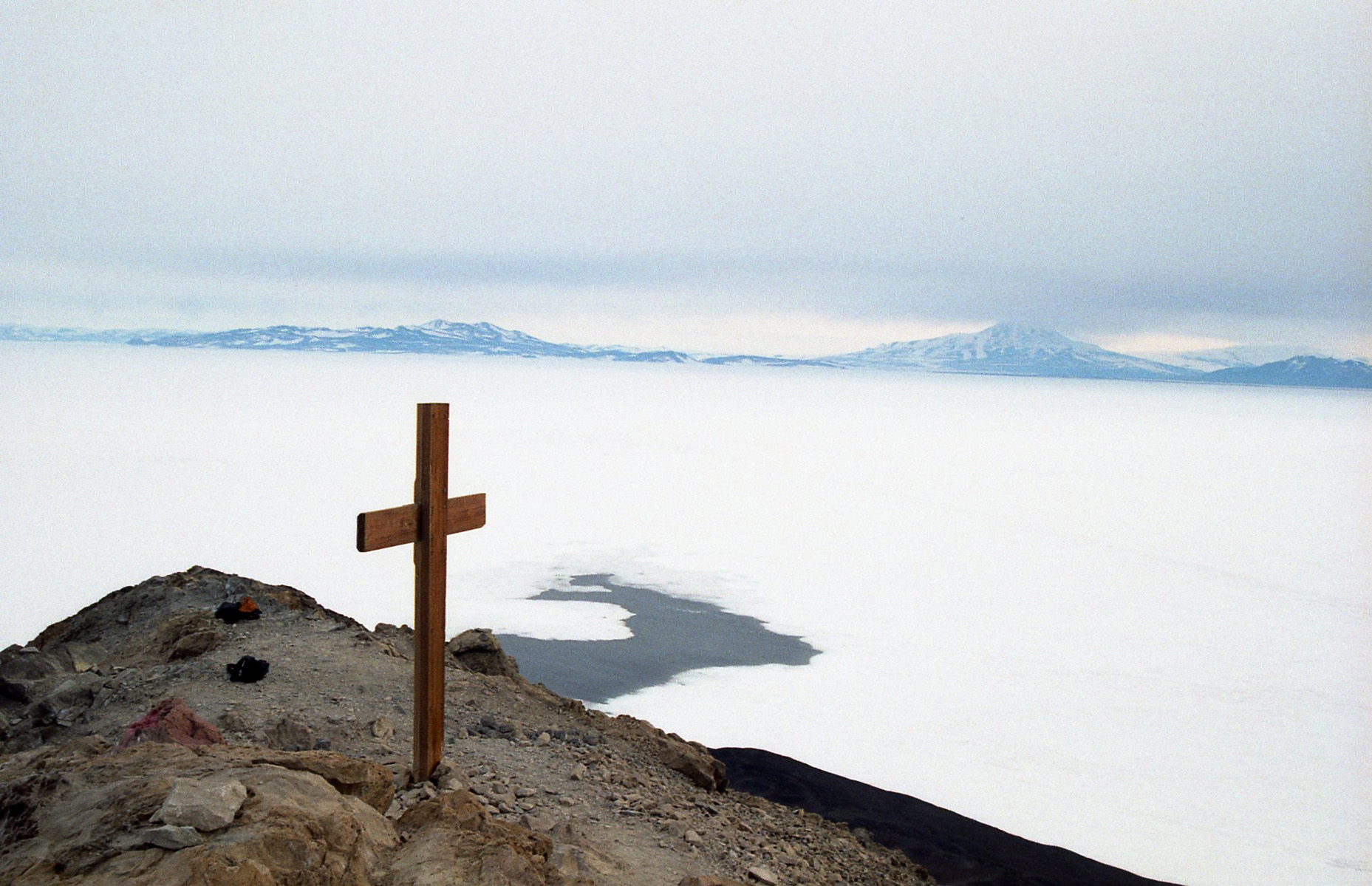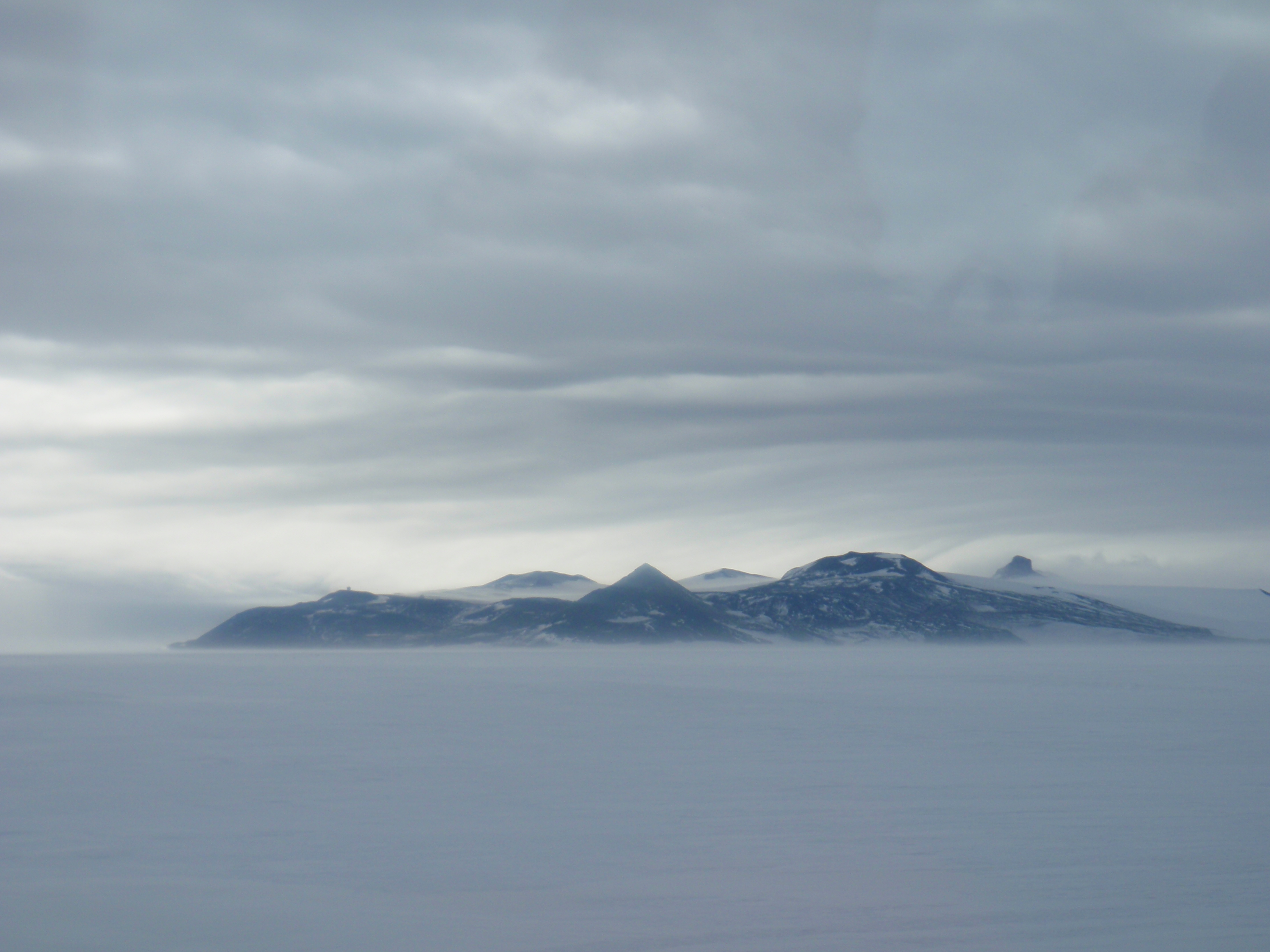|
Fortress Rocks
The Fortress Rocks () are a cluster of low rock summits north of the summit of Observation Hill on Hut Point Peninsula, Ross Island. The descriptive name was given by members of the British Antarctic Expedition, 1910–13, under Robert Falcon Scott Captain Robert Falcon Scott, , (6 June 1868 – c. 29 March 1912) was a British Royal Navy officer and explorer who led two expeditions to the Antarctic regions: the ''Discovery'' expedition of 1901–1904 and the ill-fated ''Terra Nov .... References Rock formations of the Ross Dependency Landforms of Ross Island {{RossIsland-geo-stub ... [...More Info...] [...Related Items...] OR: [Wikipedia] [Google] [Baidu] |
Observation Hill (McMurdo Station)
Observation Hill is a steep hill adjacent to McMurdo Station in Antarctica and commonly called "Ob Hill." It is frequently climbed to get good viewing points across the continent. Regular clear skies give excellent visibility. Observation Hill is a lava dome and one of many volcanoes comprising the Hut Point Peninsula. Memorial Cross After their deaths in early 1912, the last members of Robert Falcon Scott's party were found by a search party led by the surgeon Edward L. Atkinson. The relief party took their photographic film, scientific specimens, and other materials. The bodies of Scott and his men were left in their tent, and later parties could not locate the campsite, since that area had been covered in snow. A century of storms and snow have covered the cairn and tent, which are now encased in the Ross Ice Shelf as it slowly inches towards the Ross Sea. In 2001, glaciologist Charles R. Bentley estimated that the tent with the bodies was under about 75 feet (23 m) of ic ... [...More Info...] [...Related Items...] OR: [Wikipedia] [Google] [Baidu] |
Hut Point Peninsula
Hut Point Peninsula () is a long, narrow peninsula from wide and long, projecting south-west from the slopes of Mount Erebus on Ross Island, Antarctica. McMurdo Station (US) and Scott Base (NZ) are Antarctic research stations located on the Hut Point Peninsula. History The British National Antarctic Expedition (1901–04) under Robert Falcon Scott built its hut on Hut Point, a small point lying north-east of Cape Armitage, the southern headland of the peninsula. Members of the British Antarctic Expedition, 1910–13 (BAE), under Scott, wintering on Cape Evans and often using the hut during their journeys, came to refer to the whole peninsula as the Hut Point Peninsula. Stonehouse, Bernard. ''Encyclopedia of Antarctica and the Southern Oceans'', John Wiley and Sons, 2002. Historic sites and monuments Several features on Hut Point, including the cross memorial for George Vince and the store hut for the Scott expeditions, are protected under the Antarctic Treaty. Both t ... [...More Info...] [...Related Items...] OR: [Wikipedia] [Google] [Baidu] |
Ross Island
Ross Island is an island formed by four volcanoes in the Ross Sea near the continent of Antarctica, off the coast of Victoria Land in McMurdo Sound. Ross Island lies within the boundaries of Ross Dependency, an area of Antarctica claimed by New Zealand. History Discovery Sir James Ross discovered it in 1840, and it was later named in honour of him by Robert F. Scott. Ross Island was the base for many of the early expeditions to Antarctica. It is the southernmost island reachable by sea. Huts built by Scott's and Shackleton's expeditions are still standing on the island, preserved as historical sites. Today Ross Island is home to New Zealand's Scott Base, and the largest Antarctic settlement, the U.S. Antarctic Program's McMurdo Station. Greenpeace established World Park Base on the island and ran it for five years, from 1987 to 1992. Geography Because of the persistent presence of the ice sheet, the island is sometimes taken to be part of the Antarctic mainland. I ... [...More Info...] [...Related Items...] OR: [Wikipedia] [Google] [Baidu] |
British Antarctic Expedition, 1910–13
The ''Terra Nova'' Expedition, officially the British Antarctic Expedition, was an expedition to Antarctica which took place between 1910 and 1913. Led by Captain Robert Falcon Scott, the expedition had various scientific and geographical objectives. Scott wished to continue the scientific work that he had begun when leading the ''Discovery'' Expedition from 1901 to 1904, and wanted to be the first to reach the geographic South Pole. He and four companions attained the pole on 17 January 1912, where they found that a Norwegian team led by Roald Amundsen had preceded them by 34 days. Scott's party of five died on the return journey from the pole; some of their bodies, journals, and photographs were found by a search party eight months later. The expedition, named after its supply ship, was a private venture financed by public contributions and a government grant. It had further backing from the Admiralty, which released experienced seamen to the expedition, and from the Royal ... [...More Info...] [...Related Items...] OR: [Wikipedia] [Google] [Baidu] |
Robert Falcon Scott
Captain Robert Falcon Scott, , (6 June 1868 – c. 29 March 1912) was a British Royal Navy officer and explorer who led two expeditions to the Antarctic regions: the ''Discovery'' expedition of 1901–1904 and the ill-fated ''Terra Nova'' expedition of 1910–1913. On the first expedition, he set a new southern record by marching to latitude 82°S and discovered the Antarctic Plateau, on which the South Pole is located. On the second venture, Scott led a party of five which reached the South Pole on 17 January 1912, less than five weeks after Amundsen's South Pole expedition. A planned meeting with supporting dog teams from the base camp failed, despite Scott's written instructions, and at a distance of 162 miles (261 km) from their base camp at Hut Point and approximately 12.5 miles (20 km) from the next depot, Scott and his companions died. When Scott and his party's bodies were discovered, they had in their possession the first Antarctic fossils ever disco ... [...More Info...] [...Related Items...] OR: [Wikipedia] [Google] [Baidu] |
Rock Formations Of The Ross Dependency
Rock most often refers to: * Rock (geology), a naturally occurring solid aggregate of minerals or mineraloids * Rock music, a genre of popular music Rock or Rocks may also refer to: Places United Kingdom * Rock, Caerphilly, a location in Wales * Rock, Cornwall, a village in England * Rock, County Tyrone, a village in Northern Ireland * Rock, Devon, a location in England * Rock, Neath Port Talbot, a location in Wales * Rock, Northumberland, a village in England * Rock, Somerset, a location in Wales * Rock, West Sussex, a hamlet in Washington, England * Rock, Worcestershire, a village and civil parish in England United States * Rock, Kansas, an unincorporated community * Rock, Michigan, an unincorporated community * Rock, West Virginia, an unincorporated community * Rock, Rock County, Wisconsin, a town in southern Wisconsin * Rock, Wood County, Wisconsin, a town in central Wisconsin Elsewhere * Corregidor, an island in the Philippines also known as "The Rock" * Jamaica, an ... [...More Info...] [...Related Items...] OR: [Wikipedia] [Google] [Baidu] |




